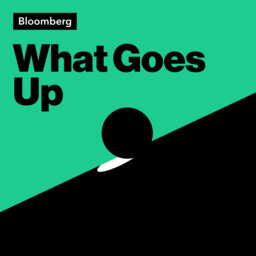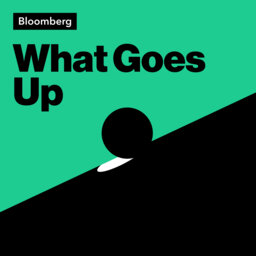Betting on a Value Revival
Stocks tied to the economic reopening had a banner 2020 before their performance petered out a few months ago. But Andrew Slimmon, a senior portfolio manager at Morgan Stanley Investment Management who oversees around $7.5 billion, is making big bets on reopening plays, banks and other value stocks. He talks about his strategy and goes into why the market's not had a significant pullback this year. Plus, he discusses the one catalyst he thinks could throw the rally off course.
 What Goes Up
What Goes Up


